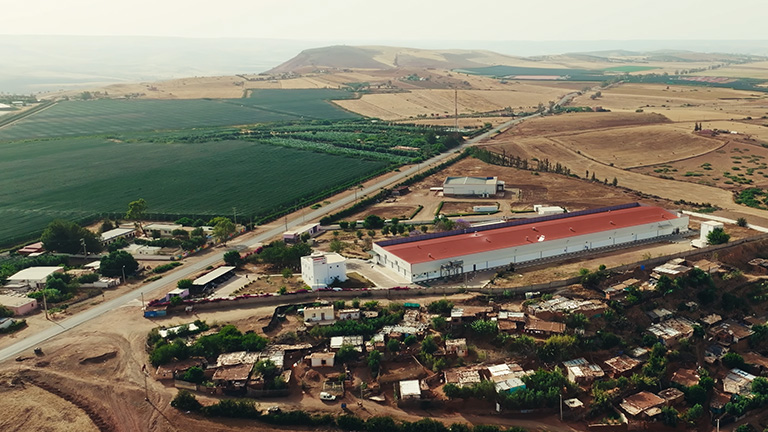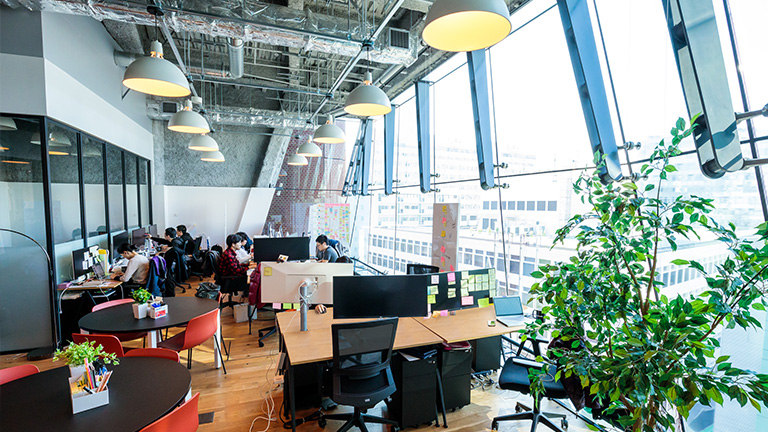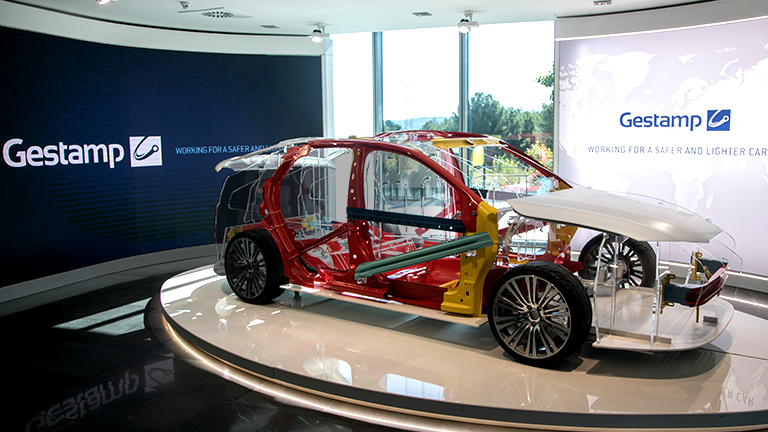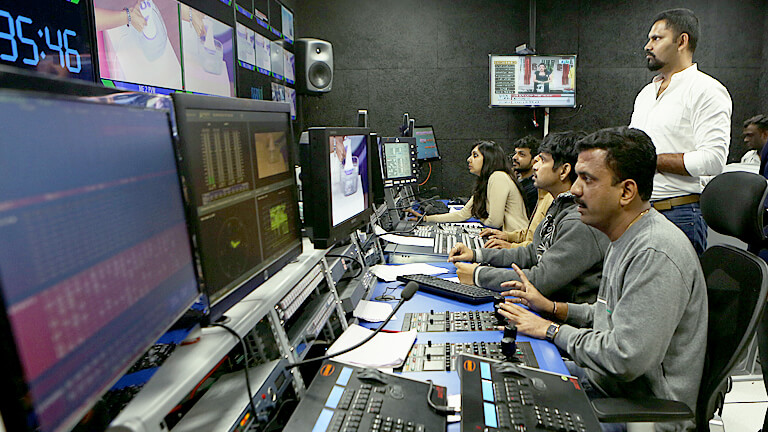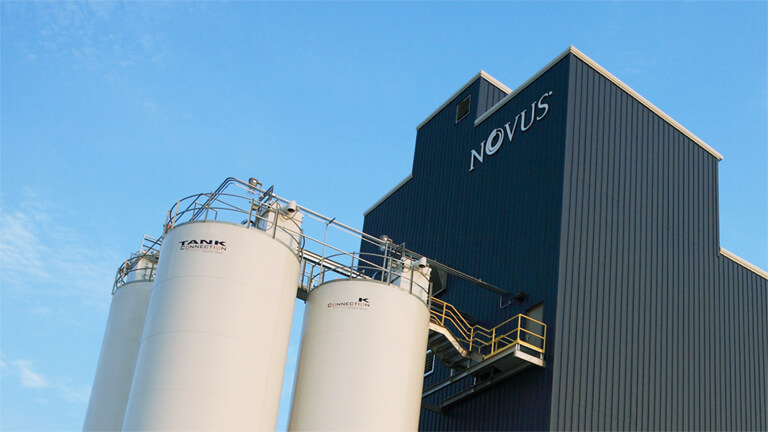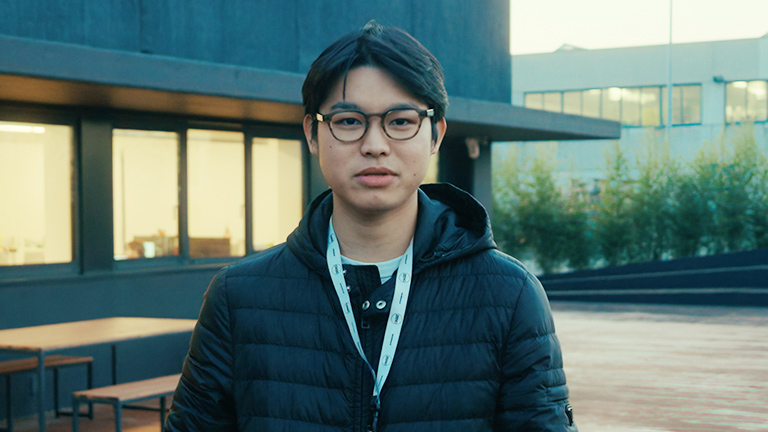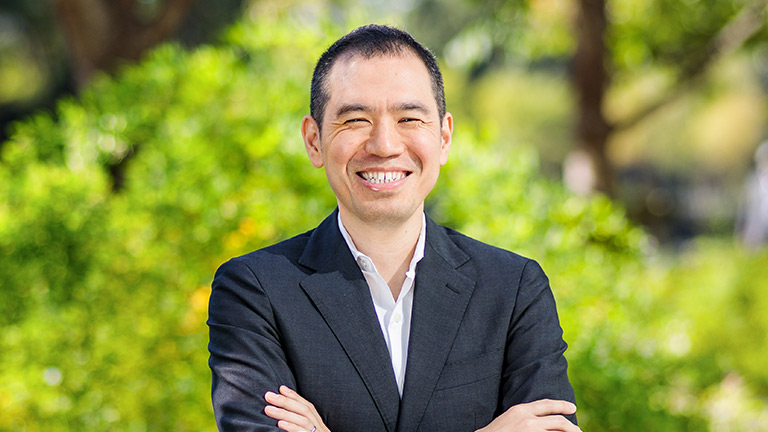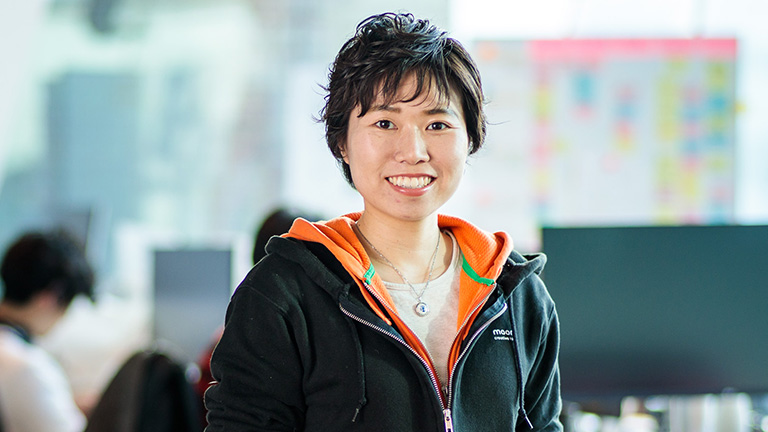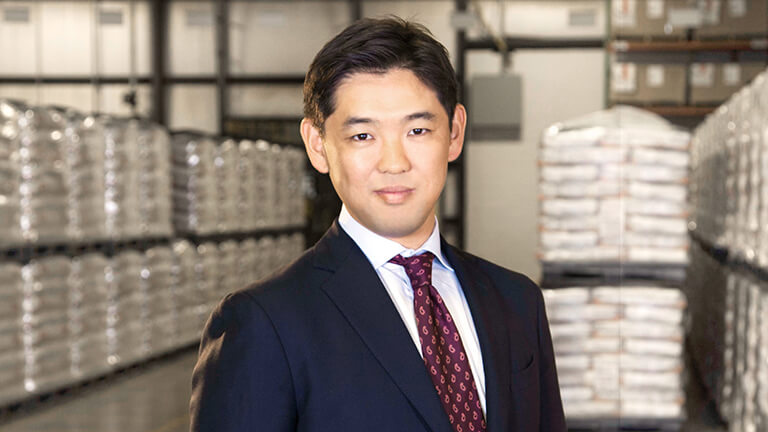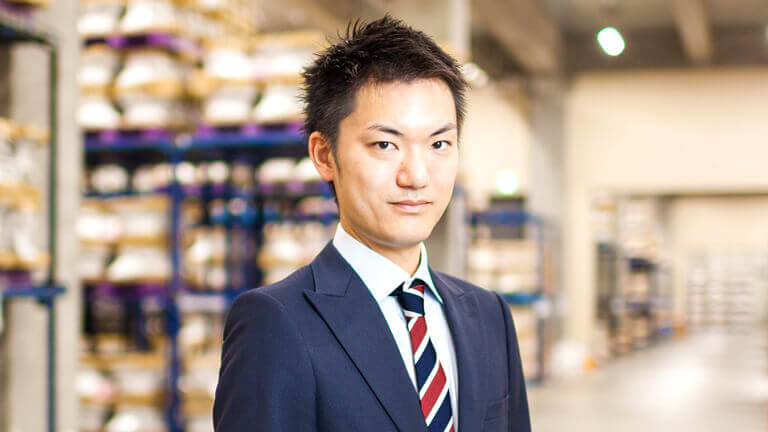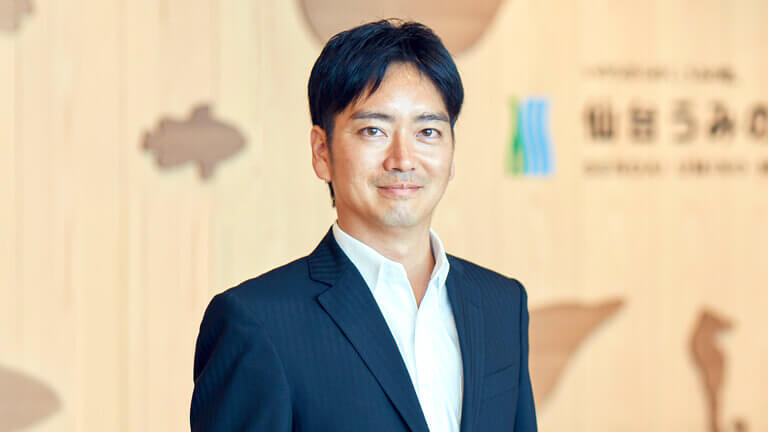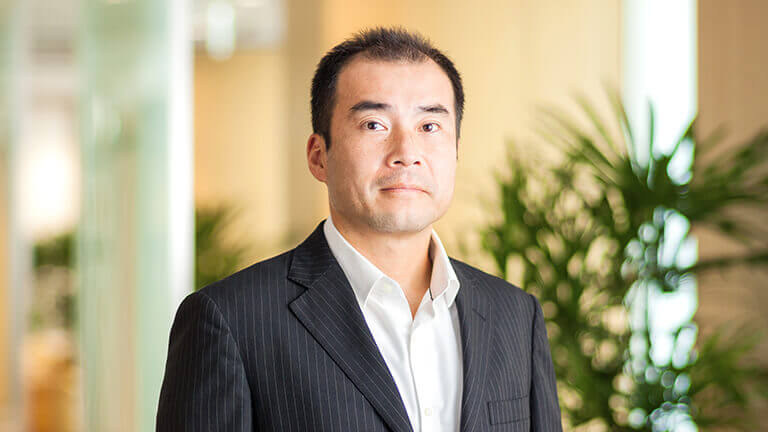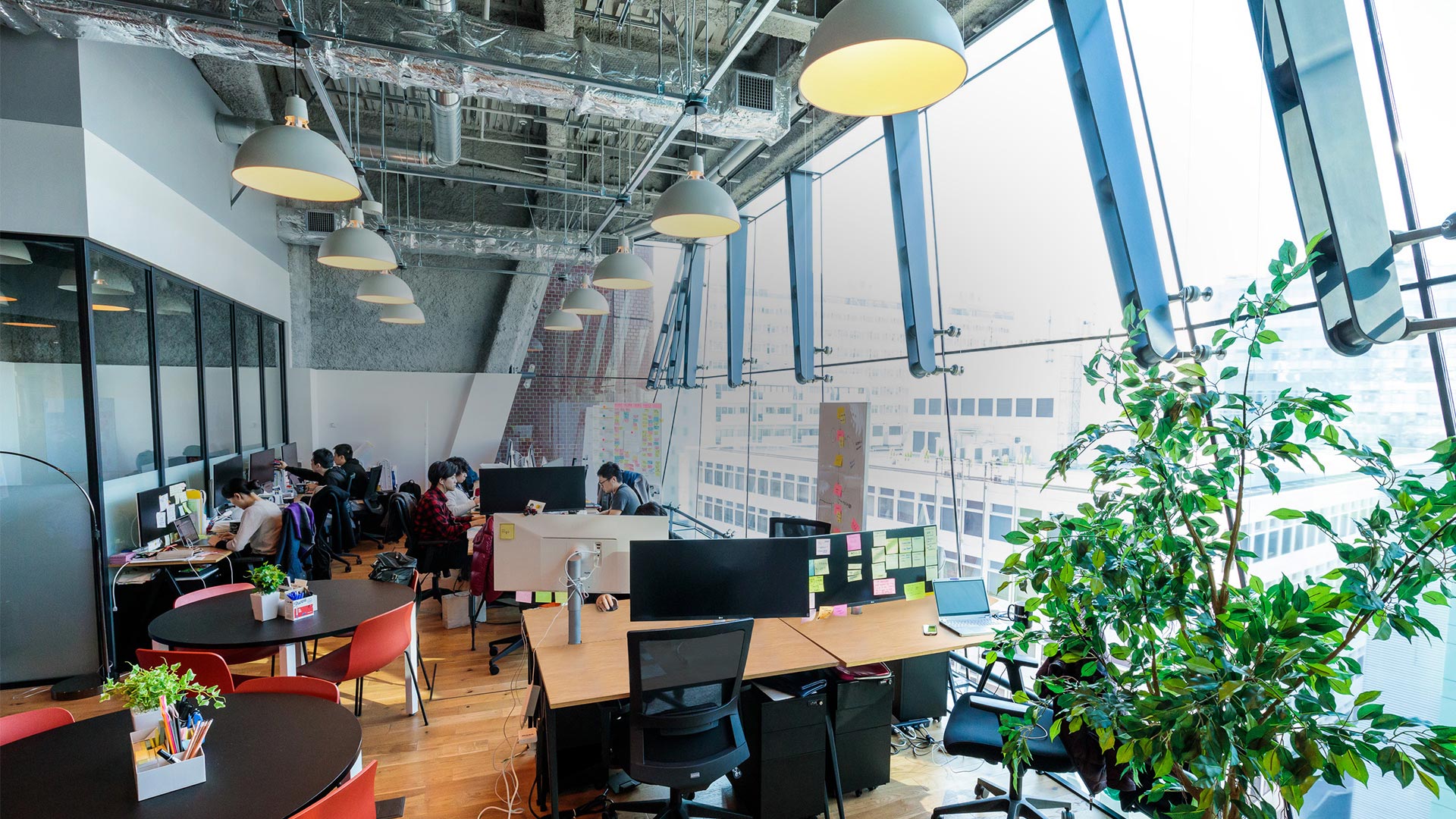
Business Innovation
Aiming for the Moon:
How Mitsui is nurturing high-flying startups
Headquartered in Palo Alto, California, Moon Creative Lab is a Mitsui affiliate that leverages the power of design thinking to help Mitsui employees incubate and develop new business ventures.
In June 2018, online retail giant Amazon paid $1 billion to acquire mail-order pharmacy PillPack. Since PillPack was five years old and had just 1,000 employees, scale was clearly not the main attraction. So what was? The answer lies in PillPack’s unique business model. Realizing that people taking multiple forms of medication often struggle to purchase all their prescribed drugs and take the right dosage at the right time, PillPack’s founders devised an innovative service based on sending customers their medicine in personalized, presorted packets every fourteen days.
PillPack at one point spent three months as the official “startup in residence” at the Cambridge, Massachusetts, office of IDEO, the legendary design and consulting firm headquartered in Palo Alto, California. IDEO has a proven track record in helping small firms scale rapidly by refining their focus on people’s actual needs, and IDEO designers used these three months to help PillPack’s founders to transform a complicated, frustrating customer experience into an easy and reassuring one.
Size no longer matters
As digital technology places more power in the hands of the consumer, upstart firms based around a clever idea—like PillPack—pose an ever-greater threat to incumbents. Large size, careful processes and strong brands are losing their ability to function as “moats” that keep competitors at bay. Even the most established companies have to reconnect with their inner entrepreneur.
That explains why president and CEO Tatsuo Yasunaga chose to recast Mitsui as a “group that incubates and develops new businesses” by drawing on a “diverse pool of talented professionals” in his recent Medium-Term Management Plan. This shift to business creation represents the next phase in Mitsui’s evolution. Having started life as a trading company that simply bought and sold things, around 15 years ago the company began shifting to a business-investment model. This typically involves Mitsui taking a minority share in a joint venture with a partner. While Mitsui contributes to growing the JVs by leveraging its different functions and networks, most of the specialized knowledge and overall control of the business necessarily remain with the majority partner.
Mitsui has already developed enormous experience in “connecting” businesses. The goal now is to build expertise in “creating” them. To become a more disruption-proof and entrepreneurial company, Mitsui needed to build its own system for incubating new businesses from scratch. Only then could it elicit the full creativity of its worldwide 42,000-person-strong workforce and their industry-specific expertise.
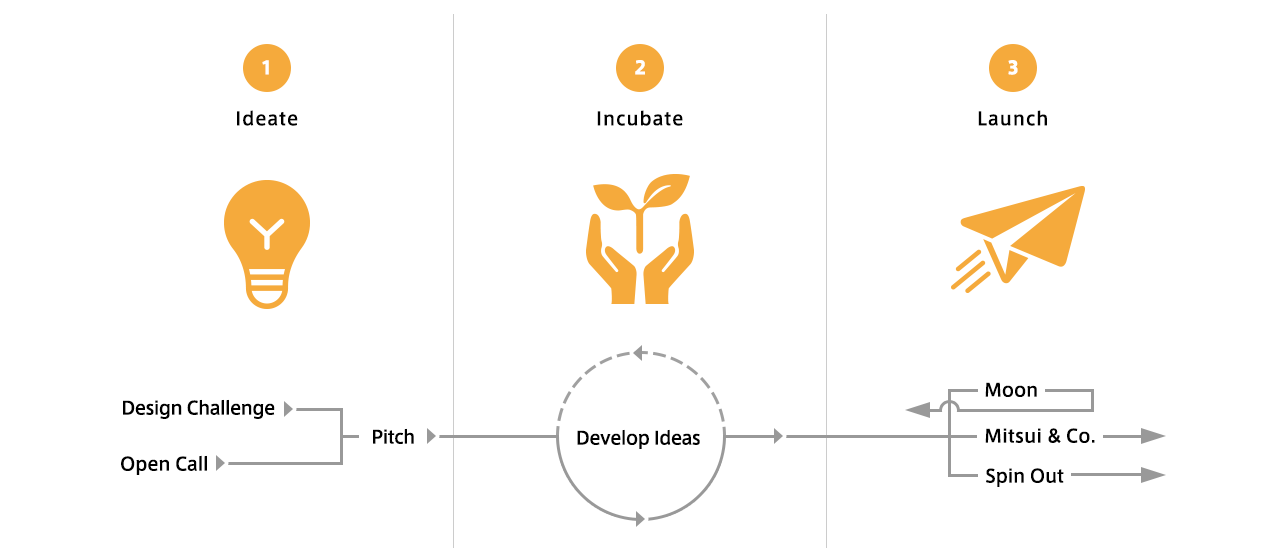
Separate. Different. Specialized

In August 2018, Mitsui rolled up its various existing innovation-promoting initiatives into a completely new format: Moon. Based in Palo Alto, California, and with a branch office in Tokyo, Moon is a creative lab dedicated entirely to the incubation and development of new businesses. Crucially, Moon has a strong relationship with IDEO. Based on this relationship, it can tap into the new business creation know-how IDEO has built up over nearly three decades.
What distinguishes Moon from the various in-house initiatives it replaces? First, Moon is not in-house at all. It’s an affiliated company that is physically separate from Mitsui offices and has a wholly different look, feel and ethos as a result. This separateness guarantees Moon’s independence; enables Moon to seek out challenging projects which lie beyond Mitsui’s investment criteria; and enables Moon to implement and discard different business models at a rapid pace. Second, Mitsui employees whose ideas get picked up by Moon can devote themselves full time to turning them into businesses rather than fitting their entrepreneurial efforts around their “main job.”
One lesson that Mitsui learned from its previous venture-related initiatives is that the process of going from “zero to one” and turning a clever idea into a functional business is always fraught with challenges. However original your “great idea,” basic synchronicity usually means that there’s someone else out there with a similar idea at the same time. Turning the idea into a workable prototype is never easy. And most importantly, refining the product or service into a form that customers welcome and like—something that PillPack and IDEO did so well together—is as difficult as it is crucial. Moon provides its entrepreneurs with all the support they need to achieve this, from “idea incubation partners” (mentors with whom they can talk things over as they digest and respond to customer feedback) to project members equipped with the very specific skillsets that early-stage businesses most need.
Shooting for the Moon
How does the system actually work? It starts with Moon soliciting business ideas from Mitsui employees through SMAP (SMart connected Application Platform), a platform system launched in January 2019. Employees send in their business idea, explaining what specific problem it solves, why it is unique, and its desired impact. The Moon Operating Team then start to co-develop these ideas in accordance with their criteria. Is there no dominant player in this area yet? Does the idea genuinely solve a social problem? Ideas that make it through these filters are presented to the Moon Committee, which includes members from IDEO. When the committee approves an idea, the employee who sent it in moves to a Moon office, and starts developing the business together with the Moon team as an entrepreneur in residence. This involves multiple design cycles, deep user research and, crucially, testing with real people in order to design a “human-centered business.”
Projects currently under way at Moon range from algorithm-based diagnosis technology for diseases to recyclable fashion business that contributes to the circular economy. As these and other ventures progress, they are expected to evolve in different ways. Some will stay within Moon, some will become part of Mitsui, and others else be spun out entirely. Of course, should any business ultimately prove unviable, it will be folded. But whether the business succeeds or fails, what matters is that through Moon Mitsui is developing its own precious stock of “zero-to-one” expertise. In the years ahead, expect a whole series of business launches from Moon!
Posted in April 2019
Updated in February 2020

